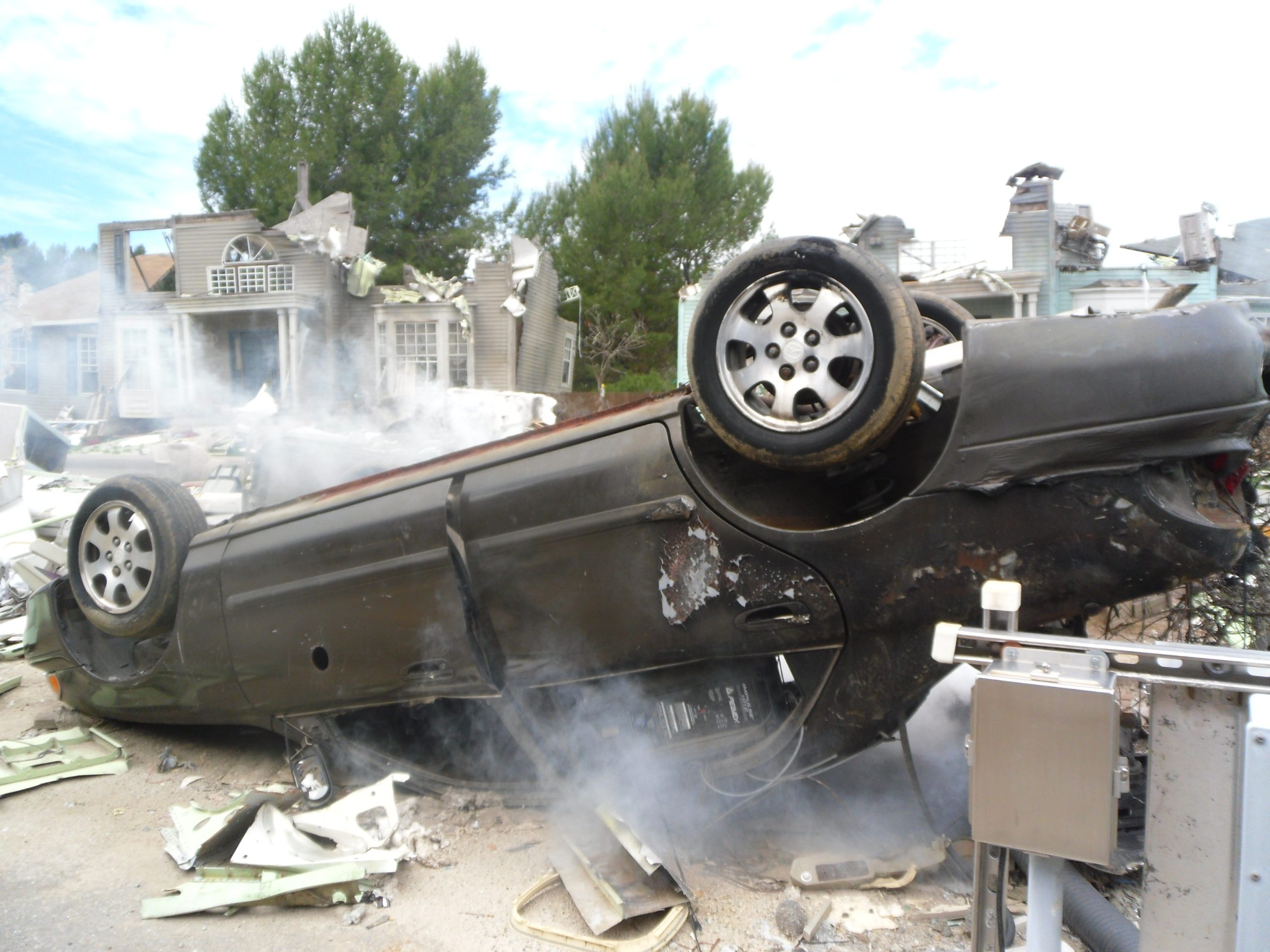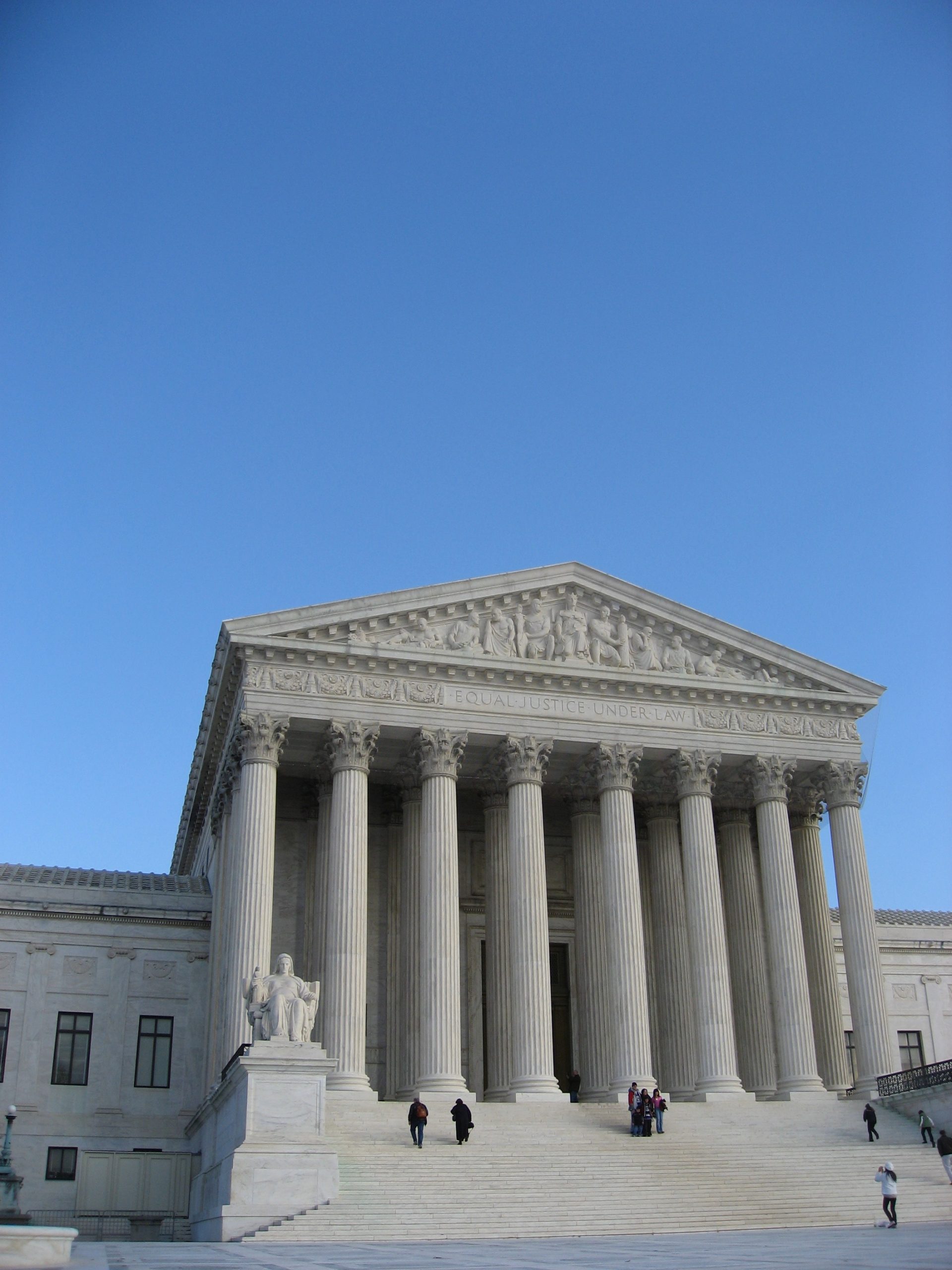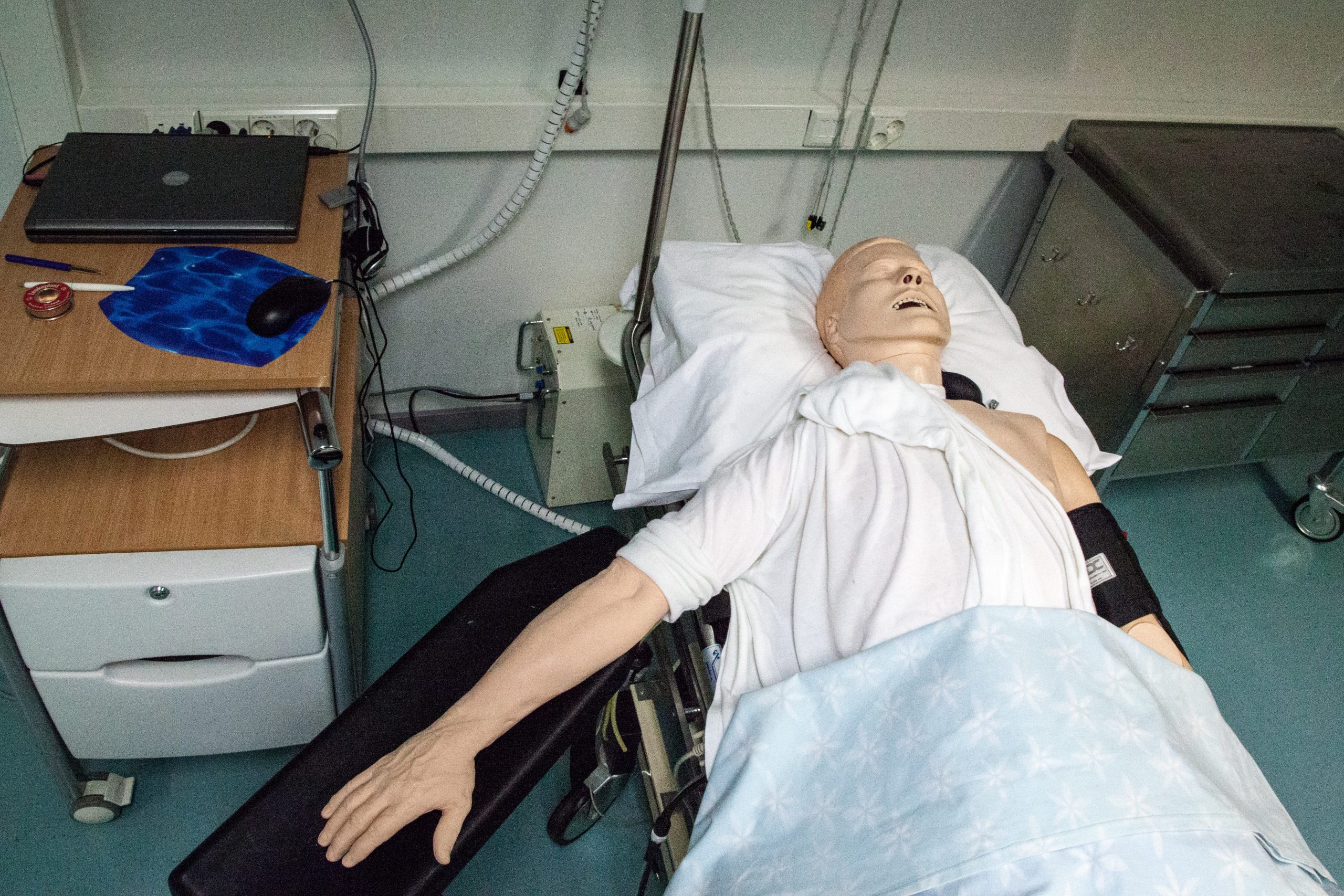 Imagine, for a moment, living a life of normalcy, the humdrum of day-to-day routines, a steady job, a peaceful existence. Suddenly, an unexpected accident shakes your world, thrusting you into the tumultuous tides of legal proceedings. This is the daunting reality Patricia and Calvin Henderson found themselves in, initiating a monumental case against Amy Lashouto and her insurer, State Farm Mutual Automobile Insurance Company (State Farm).
Imagine, for a moment, living a life of normalcy, the humdrum of day-to-day routines, a steady job, a peaceful existence. Suddenly, an unexpected accident shakes your world, thrusting you into the tumultuous tides of legal proceedings. This is the daunting reality Patricia and Calvin Henderson found themselves in, initiating a monumental case against Amy Lashouto and her insurer, State Farm Mutual Automobile Insurance Company (State Farm).
In a startling sequence of events, Patricia and Calvin Henderson found themselves in a legal confrontation against Lashouto. The case revolves around Patricia’s car accident, where a motor vehicle driven by Lashouto rear-ended her. Following the accident, the Hendersons filed a lawsuit against Lashouto, her insurer, and State Farm, contending that they were insured under a policy that could compensate them for their losses. State Farm, however, countered this claim, maintaining that the policy did not provide uninsured/underinsured motorist (UM) coverage for the accident.
After Lashouto and her insurer settled their case with the Hendersons, the couple found themselves embroiled in a legal dispute with State Farm. The latter moved for summary judgment, arguing that Calvin Henderson had validly rejected UM coverage on the policy. Despite the Hendersons’ absence from the hearing, the trial court sided with State Farm, dismissing the UM coverage claims.
 Insurance Dispute Lawyer Blog
Insurance Dispute Lawyer Blog


 Louisiana’s Workers’ Compensation fund exists to pay employees injured at work. Payment can be used for medical care and lost wages. When parties sign a settlement agreement on payment terms, an employee may assume payment is imminent. In a recent case from Rapides Parish, an employee discovered some conditions in a settlement may delay payment.
Louisiana’s Workers’ Compensation fund exists to pay employees injured at work. Payment can be used for medical care and lost wages. When parties sign a settlement agreement on payment terms, an employee may assume payment is imminent. In a recent case from Rapides Parish, an employee discovered some conditions in a settlement may delay payment.  A visit to the hospital is a stressful and anxious time for patients and family members. Most people, however, assume that their doctors are competent and will administer the proper standard of care. This was not the case for Richard Smallwood.
A visit to the hospital is a stressful and anxious time for patients and family members. Most people, however, assume that their doctors are competent and will administer the proper standard of care. This was not the case for Richard Smallwood.  Words matter, especially when it comes to trial court orders. Without the proper language, a judgment is not an appealable, valid final judgment, so an appellate court cannot consider the merits of an appeal.
Words matter, especially when it comes to trial court orders. Without the proper language, a judgment is not an appealable, valid final judgment, so an appellate court cannot consider the merits of an appeal.  If you receive notice of a court hearing, you must pay attention to it. The following case shows the potential adverse consequences if you ignore a court hearing notice. These can include a warrant being issued for your arrest or having your lawsuit dismissed. However, the case also unveils a glimmer of hope for those entangled in such legal dilemmas, offering a glimpse into the avenues available to those who believe justice has been denied.
If you receive notice of a court hearing, you must pay attention to it. The following case shows the potential adverse consequences if you ignore a court hearing notice. These can include a warrant being issued for your arrest or having your lawsuit dismissed. However, the case also unveils a glimmer of hope for those entangled in such legal dilemmas, offering a glimpse into the avenues available to those who believe justice has been denied. Most of us get into contracts, not fully understanding all the ins and outs of what we are signing. Similarly, the multiple provisions that can slither their way into contracts can include things like forum selection clauses which can be easily overlooked. But when a lawsuit erupts, can you argue a provision isn’t applicable? The
Most of us get into contracts, not fully understanding all the ins and outs of what we are signing. Similarly, the multiple provisions that can slither their way into contracts can include things like forum selection clauses which can be easily overlooked. But when a lawsuit erupts, can you argue a provision isn’t applicable? The  Sufficient evidence is required to prevail in any lawsuit. Generally, each side obtains additional evidence through the discovery process. However, what happens if a court grants a summary judgment motion for one party before the other party has time to complete adequate discovery? The following case helps answer this question.
Sufficient evidence is required to prevail in any lawsuit. Generally, each side obtains additional evidence through the discovery process. However, what happens if a court grants a summary judgment motion for one party before the other party has time to complete adequate discovery? The following case helps answer this question. One of the joys of adulthood is figuring out insurance coverage for your vehicles. Selecting the right coverage can be incredibly challenging when you own a small business because there are unclear lines between personal and company vehicles. This can be especially challenging if an accident occurs when driving a different vehicle than you usually drive. Can your insurance policy cover you when driving a different vehicle because your regular vehicle is out of commission and needs repairs? The subsequent lawsuit helps answer this question.
One of the joys of adulthood is figuring out insurance coverage for your vehicles. Selecting the right coverage can be incredibly challenging when you own a small business because there are unclear lines between personal and company vehicles. This can be especially challenging if an accident occurs when driving a different vehicle than you usually drive. Can your insurance policy cover you when driving a different vehicle because your regular vehicle is out of commission and needs repairs? The subsequent lawsuit helps answer this question. Even if you have a unique job like a stunt performer, you can still get brought down to Earth by the complexities of determining what your insurance policies do and do not cover if you are involved in an insurance coverage dispute. In that case, it is important to understand the plain language of your insurance contract, how different provisions in the policy interact, and how courts interpret insurance policies.
Even if you have a unique job like a stunt performer, you can still get brought down to Earth by the complexities of determining what your insurance policies do and do not cover if you are involved in an insurance coverage dispute. In that case, it is important to understand the plain language of your insurance contract, how different provisions in the policy interact, and how courts interpret insurance policies.  When a loved one dies in a car accident, dealing with insurance is likely the last thing on your mind. Unfortunately, insurance policies can be complicated, with many details and exceptions. If you do not fully understand your insurance coverage, you might find yourself in a difficult situation when seeking compensation from your insurance company. This is especially important when your vehicles and insurance policies cover multiple states.
When a loved one dies in a car accident, dealing with insurance is likely the last thing on your mind. Unfortunately, insurance policies can be complicated, with many details and exceptions. If you do not fully understand your insurance coverage, you might find yourself in a difficult situation when seeking compensation from your insurance company. This is especially important when your vehicles and insurance policies cover multiple states.